The story of our books: pride, a memoir and Things Not Generally Known…
Interpretations below were written by the Portico Library volunteers as part of Bookends and Beginnings: Stories from our collections by our volunteers exhibition.
Pride and Prejudice, 1908 by Jane Austen
“The books that I hold dear, affecting me most deeply, are those which hold comfort. Pride and Prejudice, first published in 1813, has been a solid presence in my memory since watching the television adaptation with my mother for her university degree.”
“Since then, I’ve returned not only for this nostalgia and comfort, but for its lessons: the importance of first impressions – the novel’s original title – and their potential to be deceptive. This is seen in Elizabeth’s assumptions of Wickham and Darcy; that letting go of pride is essential and its standard for romantic relationships – love can encourage one to be better.”
Isabel Lawler
Memoirs of Mrs. Inchbald, 1833 by Elizabeth Inchbald
“These two pages on display are from the memoirs of Elizabeth Inchbald (1753-1821), an English novelist and stage actress. The book is edited by James Boaden from surviving journals and correspondence.
This work offers us a peek behind the curtains into Inchbald’s “singular but interesting life,” as well as Boaden’s process of compiling her memoranda. The chosen extract relates an episode from Inchbald’s youth, in which she fled the family home to London in the hopes of embarking on an acting career.
Having humorously detailed Inchbald’s attempts to find her footing alone in the capital, including an attempt to call in at the home of potential benefactors who had in fact moved to Wales, Boaden describes Inchbald’s experiences with unwanted gentlemen callers.
Inchbald’s own assessment of one ‘Mr Slender’ as only self-interestedly “good-natured” likely resonates in the present day…”
Louise Hyland
Things Not Generally Known, 1859 by John Timbs
Imagine life in 1859, before the internet, before AI, Things Not Generally Known by John Timbs was highly resorted to. Much like the 280-character limit or one-minute medium we’re used to ingesting our information in today, Timbs championed a“taste of the day” format.
Timbs covers a wondrous number of topics from multiple sources and researchers. From the fire-proof feats of the ancients, to hydrostatic wonders in ‘Natural Magic’.
Questioning in the ‘Marvels of Heaven’ whether the sun could be inhabited and precautions against lightning; alongside the colour, height and weight of the atmosphere.
Researching the voice of fish, the light of a glow worm, witchcraft in brewing techniques and the sound in shells shed light onto the understandings people had in the 1850s and, in some areas, highlight what we still view as fact today.
Anna Vine







